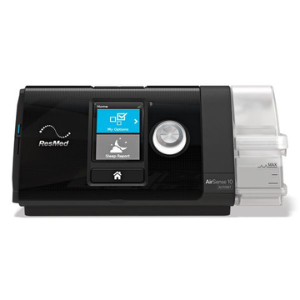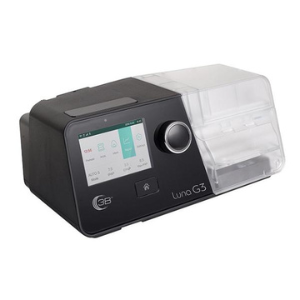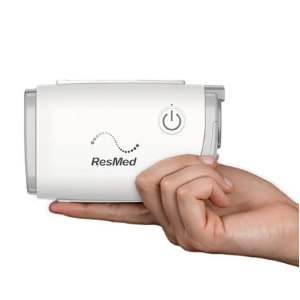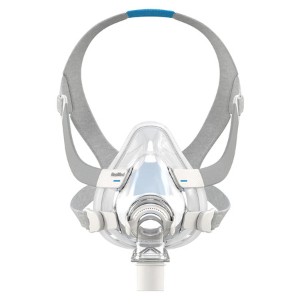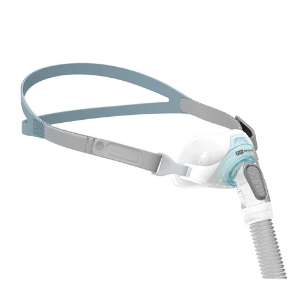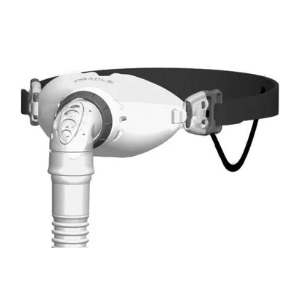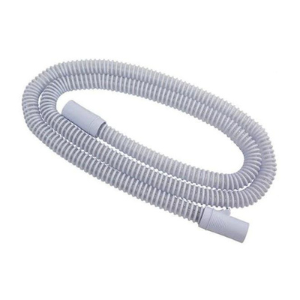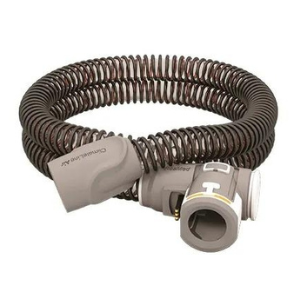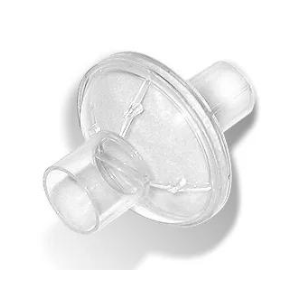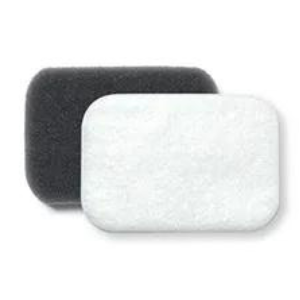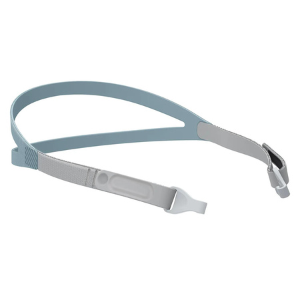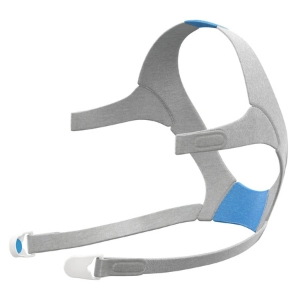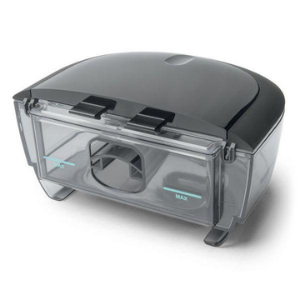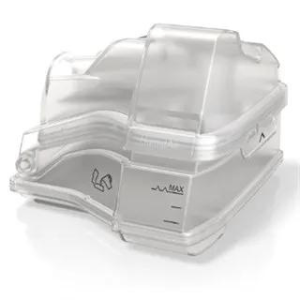
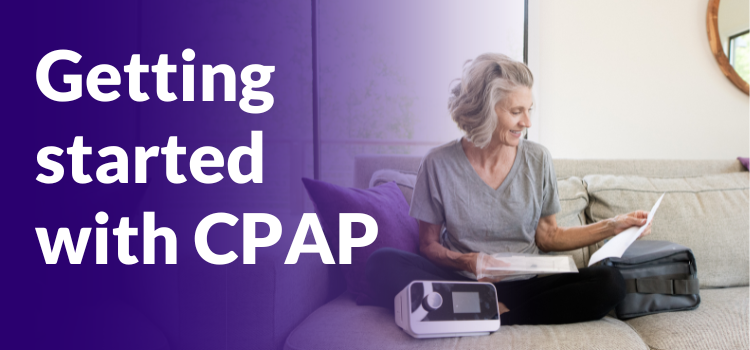
If you've just been diagnosed with OSA (Obstructive Sleep Apnea), navigating the essentials for treatment can be overwhelming. We're here to help you get the most out of your CPAP treatment by breaking down the vital products, resupply schedule, and the best options for you to ensure you get a restful sleep each night.


Step 1: Sleep Apnea Treatment Device
Depending on what your doctor prescribes, the first step in your sleep apnea treatment journey should start with selecting the right CPAP, BiPAP or APAP machine for you.
CPAP Machine
CPAP stands for “continuous positive airway pressure” because its airflow doesn't change as you receive treatment. Your doctor will set the pressure setting, and it will stay that way unless your healthcare needs change.
A CPAP machine:
- Maintains one fixed pressure level
- Your doctor will set the pressure settings once, and it will stay that way until your healthcare needs change
- Primary choice recommended for people with OSA
APAP Machine
APAP stands for "automatic positive airway pressure" and only delivers the exact airflow that you need. The APAP monitors your breathing while you sleep and uses algorithms to determine your pressure needs.
An APAP machine:
- Automatically adjusts its own pressure settings to meet your needs
- Your doctor will set a range of pressure levels
- Usually recommended for those with mild to severe OSA and difficulty exhaling with the CPAP machine
BiPAP Machine
BiPAP stands for "bilevel CPAP" machine and is similar to APAPs because they both have the ability to deliver different pressure levels. The difference is in how and when they change pressure levels.
A BiPAP machine:
- Switches between two pressure settings; however, those settings remain the same throughout the night.
- During inhalation, high pressure airflow keeps your airways open.
- During exhalation, the BiPAP switches to a lower pressure level that makes it easier to breathe.
What is typically included when you order a machine?
- Treatment device
- Hose
- Filter
- Humidifier/water chamber
- User manual
Step 2: CPAP Mask
The right mask can make all the difference! The right fit and size for your face shape can help you get more effective treatment. Thankfully, there are many options available for all face shapes and sleeping styles.
Tubing
Replacing your tubing is vital for safe treatment. You may find you have a preference between the two major types of tubing.
Filters
Your CPAP/BiPAP/APAP machine needs new filters to keep out bacteria from entering your airway and protect you from allergens as you sleep.
Headgear
Worn out headgear can be a major culprit of discomfort during sleep, making your carefully selected mask less effective. When choosing headgear, make sure it is a type that is compatible with or made exactly for the type of mask you have.
Mask Cushions & Pillows
A fresh mask cushion or nasal pillow can help provide the best seal for your CPAP mask, helping maintain effective airflow from your machine.
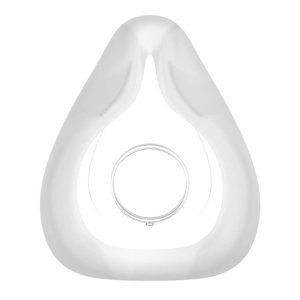

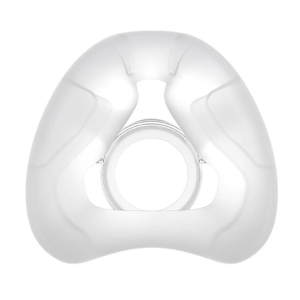

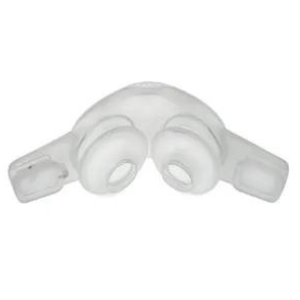

Humidifiers & Water Chambers
A humidifier or water chamber helps prevent dry mouth or sore throats in the morning by providing moisture and adding comfort to your airway.
When to Replace Your CPAP Parts & Supplies
It's vital to replace your CPAP parts on the suggested schedule to ensure proper, continuous safe OSA treatment








